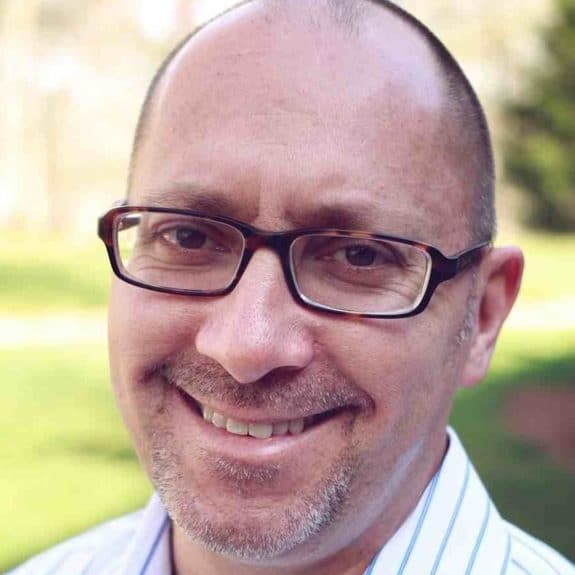NASHVILLE, Tenn—Despite broad agreement over doctrinal distinctives articulated in the “Baptist Faith and Message” confessional statement, last amended in 2000, Southern Baptists “sometimes disagree over certain theological issues that should not threaten our Great Commission cooperation.”
So begins the first few paragraphs of a much-anticipated report from an ad hoc advisory team appointed last August by SBC Executive Committee President Frank S. Page to find ways Calvinist and non-Calvinist camps in the denomination could work together civilly and productively to further the gospel.
The 19-member advisory team has issued a seven-page report—unanimously endorsed—called “Truth, Trust, and Testimony in a Time of Tension.” The team included Calvinists such as R. Albert Mohler Jr., president of Southern Seminary, and Florida pastor Tom Ascol of Founders Ministries, and non-Calvinists, such as Southwestern Seminary’s theology dean, David Allen, and Georgia pastor and former SBC president Johnny Hunt.
“Four central issues have become clear to us as we have met together,” the statement reads. “We affirm together that Southern Baptists must stand without apology upon truth; that we do indeed have some challenging but not insurmountable points of tension; that we must work together with trust; and that we must encourage one another to testimony.”
The statement affirms the inerrancy of Scripture and adds that “[n]either Calvinism nor non-Calvinism ought to be equated exclusively with sound Southern Baptist doctrine nor be considered inconsistent with it.”
It also affirms the lostness of humanity apart from Jesus, the power and exclusivity of the gospel message, the atonement of Christ, the reality of heaven and hell, the necessity of conversion, and the church’s duty to fulfill the Great Commission.
Of particular interest in the Calvinist and non-Calvinist dialogue are several denial statements that aim to communicate what the team refutes alongside what they affirm.
One such statement denies that the gospel “lacks any power to save anyone who believes in Christ and receives him as Savior and Lord” and another denies that the gospel “is without power to save anyone who repents and believe in Jesus Christ.”
On the atonement, “We affirm that the death of Jesus Christ on the cross was both penal and substitutionary and that the atonement He accomplished was sufficient for the sins of the entire world.
“We deny that there is anything lacking in the atonement of Christ to provide for the salvation of anyone.”
The statement also affirms “conscious” faith as a necessity of conversion and that it involves “the will of the believer as well as the will of God.”
Additionally, “We also deny that salvation comes to any sinner who does not will to believe and receive Christ.”
Acknowledging tensions in comprehending the doctrine of election, “[t]hese differences should spur us to search the Scriptures more dutifully, to engage in lively interaction for mutual sharpening and collective Gospel effectiveness, and to give thanks that what we hold in common far surpasses that on which we disagree,” the statement reads.
Also, “Southern Baptists who stand on either side of these issues should celebrate the freedom to hold their views with passion while granting others the freedom to do the same.”
Last August, Page said he hoped the team would “identify areas of agreement and disagreement in Southern Baptist life concerning how God’s redemptive purposes are achieved through Christ. Once these are more clearly identified, we hope to develop some positive strategies that will enhance our ability to work together for the proclamation of the gospel and the fulfillment of the Great Commission.”
Noting that Satan “delights when he is able to divide and conquer,” Page added that “if we reclaim the principles of respect, honesty, trust and Christlike selflessness in our dealings with one another, our brightest days of kingdom advance are still before us.”
Besides Southwestern Seminary’s Allen, other Texans on the advisory team included Southwestern President Paige Patterson; Daniel Sanchez, associate dean and director of the Scarborough Institute of Church Planting & Growth at Southwestern; and Tammi Ledbetter, TEXAN managing editor and a member of Inglewood Baptist Church in Grand Prairie.














